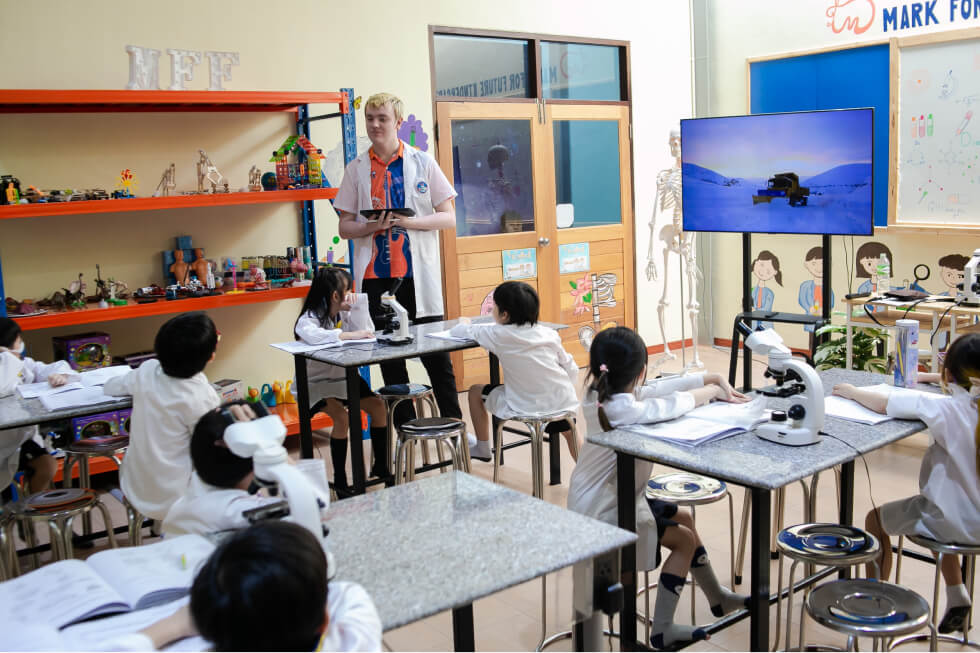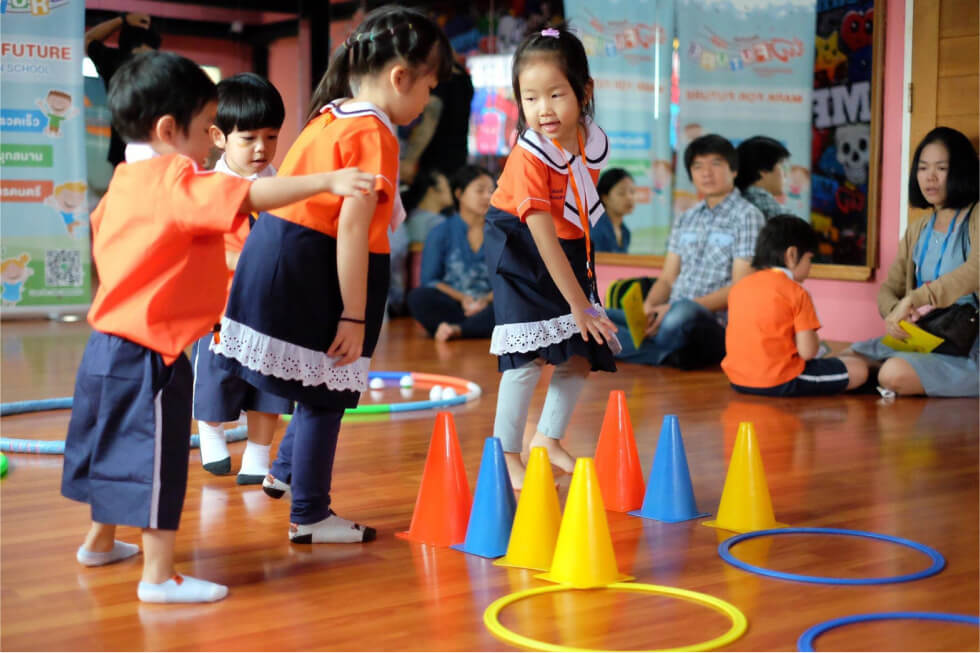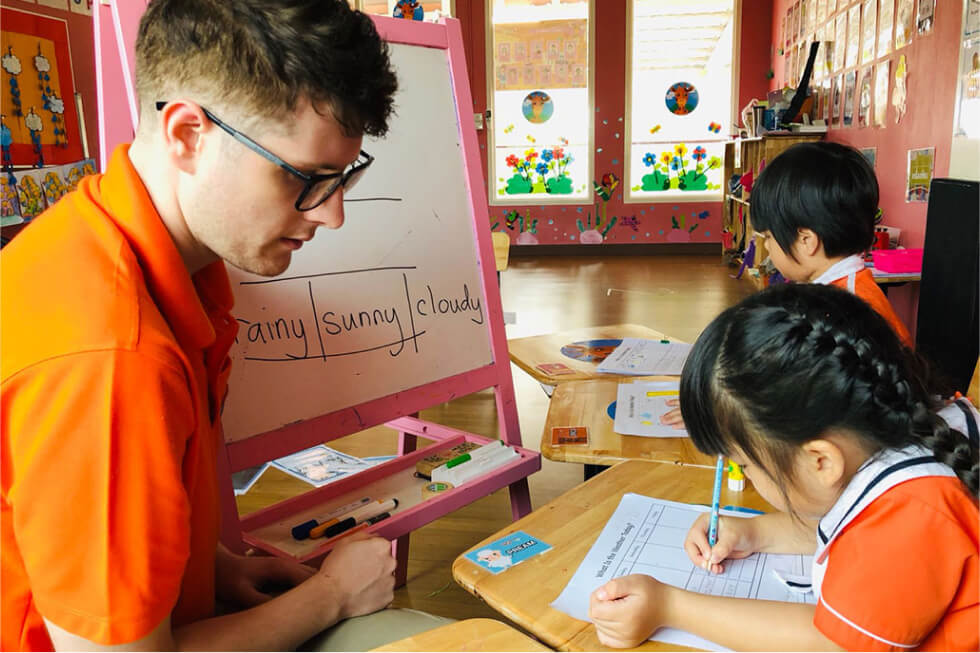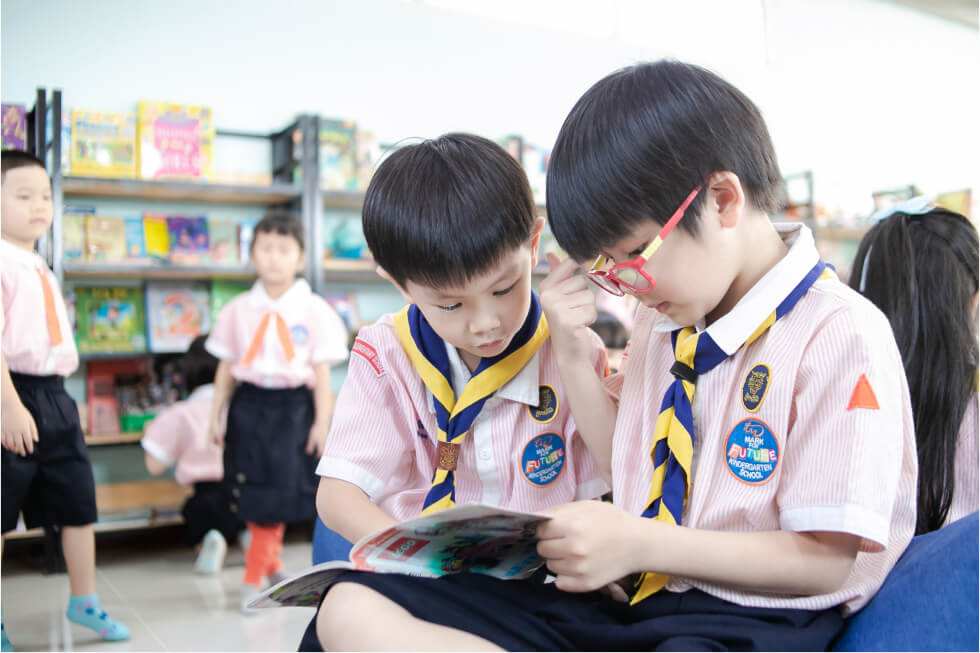Kindergarten Curriculum
A World of Discovery and Creativity
Music
Music education helps children improve their concentration and supports their physical, emotional, and mental development. It also strengthens their listening skills. At our school, students not only practice playing instruments but also learn music theory in a way that’s fun and engaging. In kindergarten, students will explore different instruments throughout the week, including drums, piano, ukulele, percussion and xylophone.
Kindergarten 1
Drums
Piano
Students will learn how to position their fingers correctly (Finger Number) and begin playing simple songs from the Trinity curriculum. The teaching methods are tailored to the students’ age and abilities.
Ukulele
Students will learn how to hold the ukulele, use a pick, and practice basic strumming patterns. They will also get familiar with the sounds of each string and learn simple chords to play along with songs.
Percussion
Xylophone
Students will learn the parts of the xylophone and the notes it plays. They will practice hitting the bars in rhythm, focusing on accuracy, which helps improve concentration. The school ensures that music learning is fun, relaxing, and enjoyable for the students.
Kindergarten 2
Drums
Piano
Ukulele
Kindergarten 3
Drums
Piano
Ukulele
Additionally, at the end of the semester, the children will have the opportunity to learn the Band Performance subject, which involves collaborating to perform on a real stage. This will help them practice teamwork and develop discipline.
Our comprehensive curriculum is designed to create a balanced and enriching educational experience, preparing children for future learning while celebrating their unique interests and talents.
Our Pledge at Kindergarten is the promise to nurture every child’s curiosity and creativity in a safe and loving environment. We commit to supporting their growth, celebrating their individuality, and working together to ensure each child’s happiness and success.




